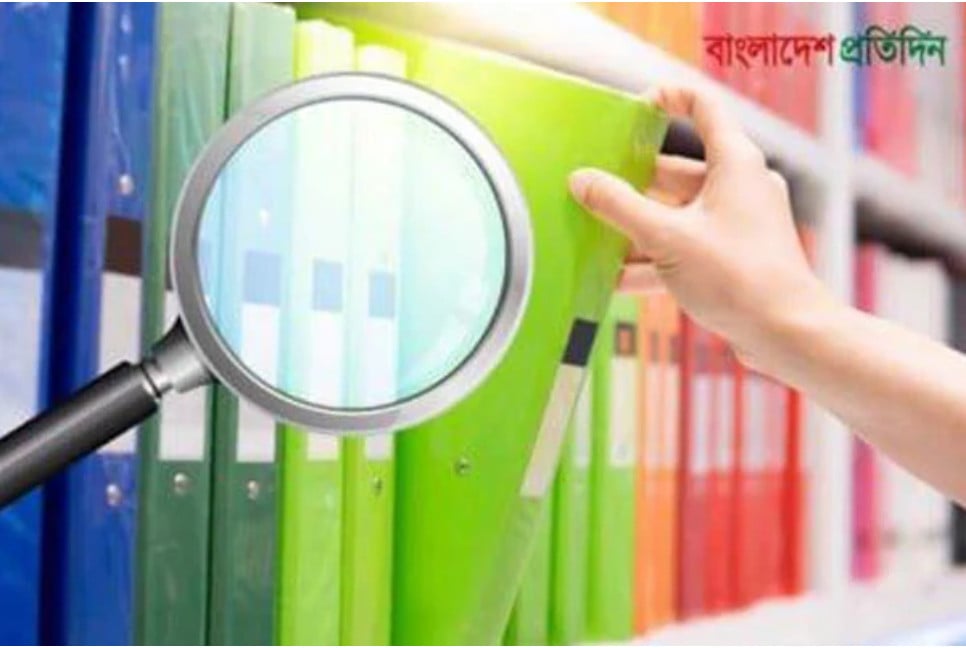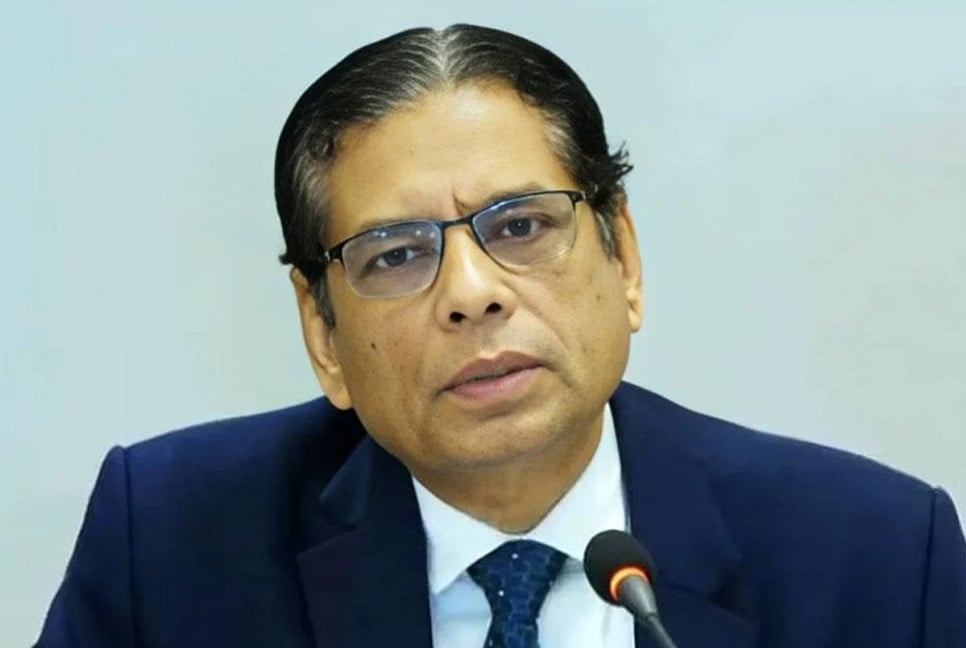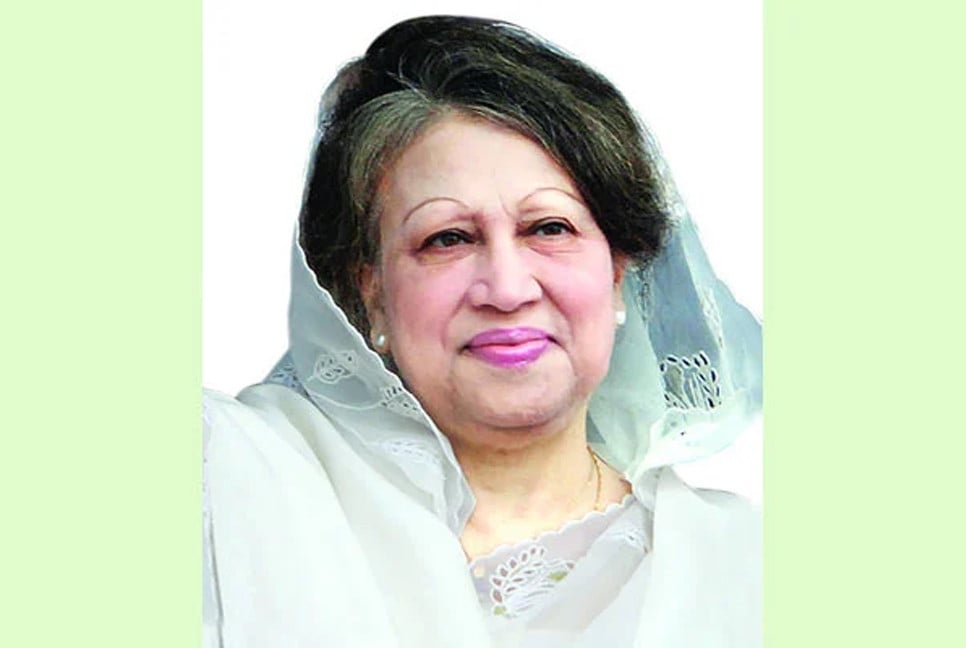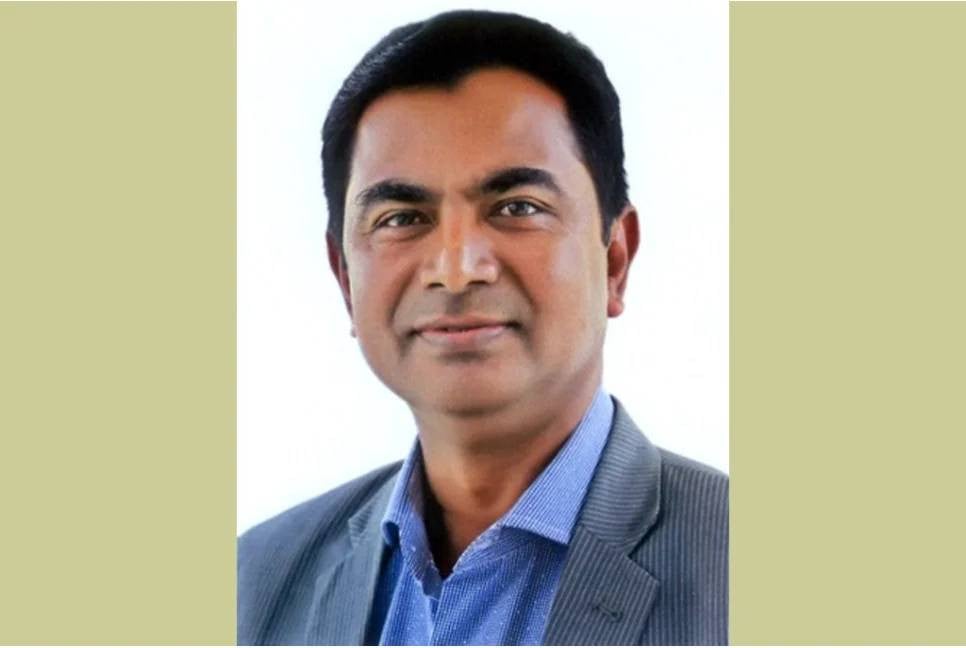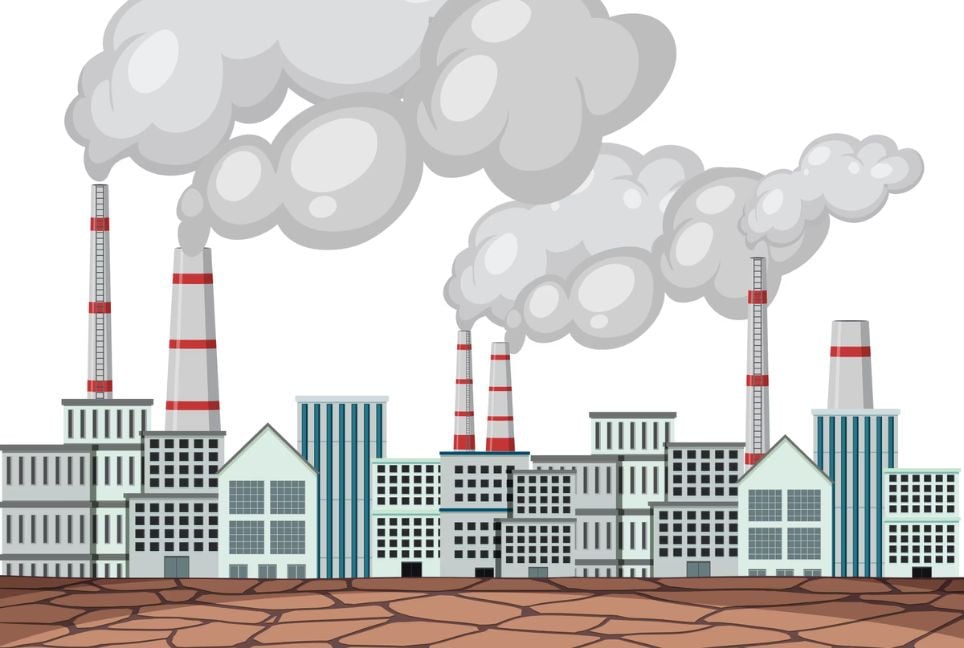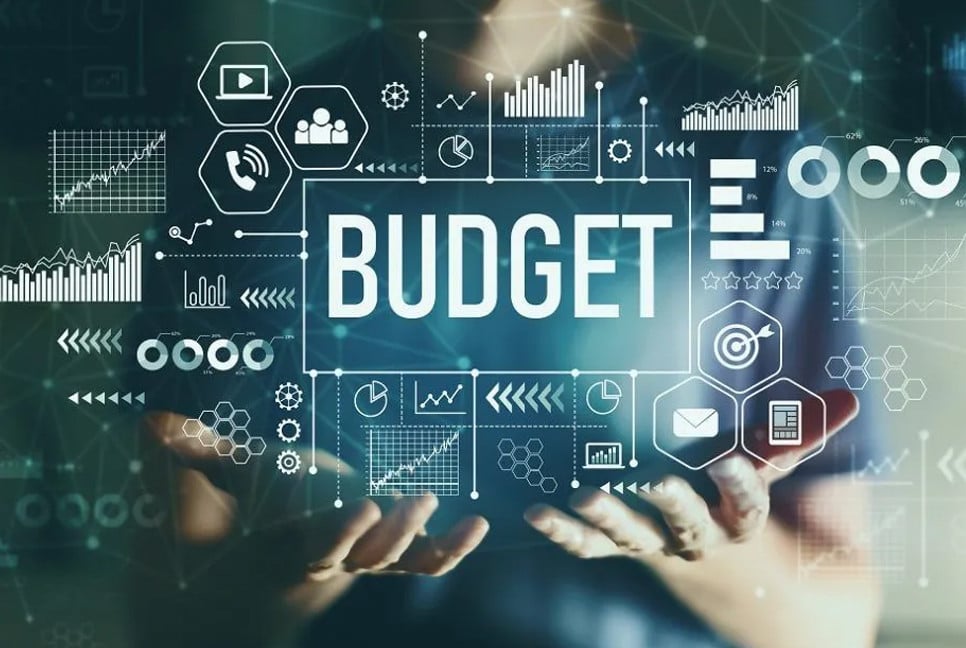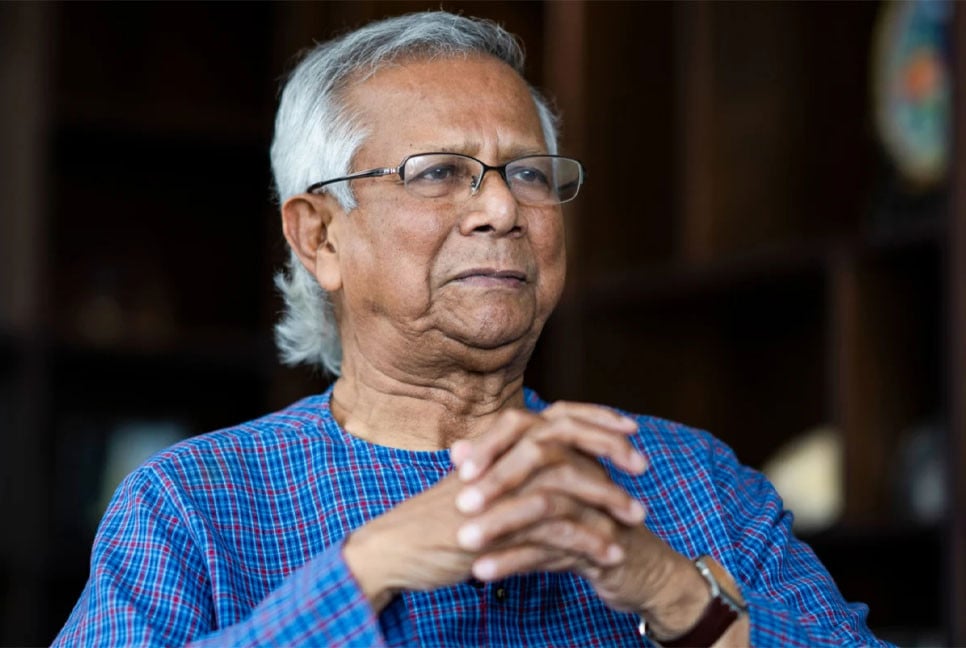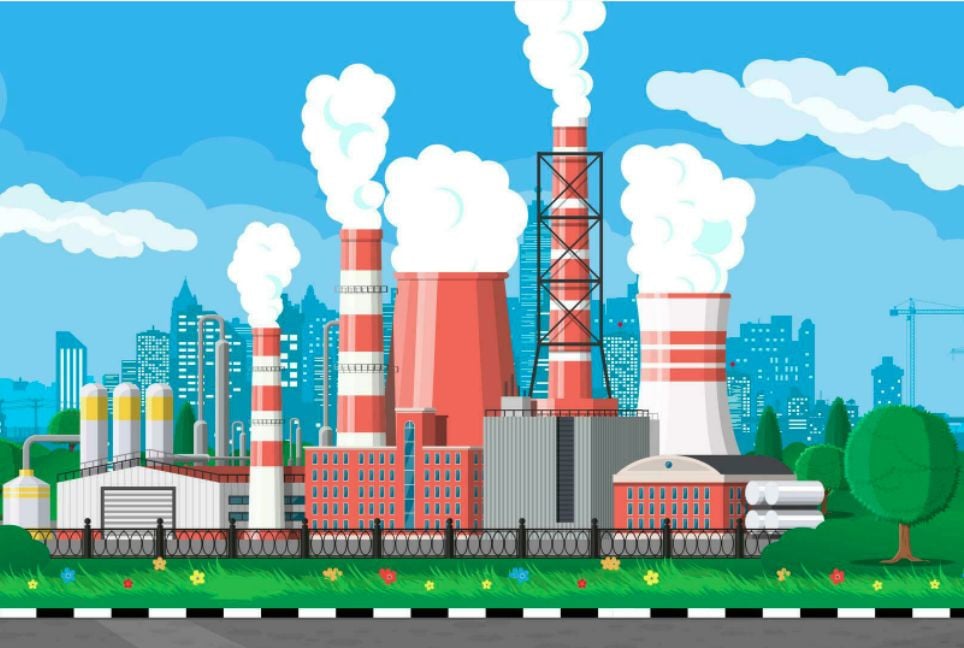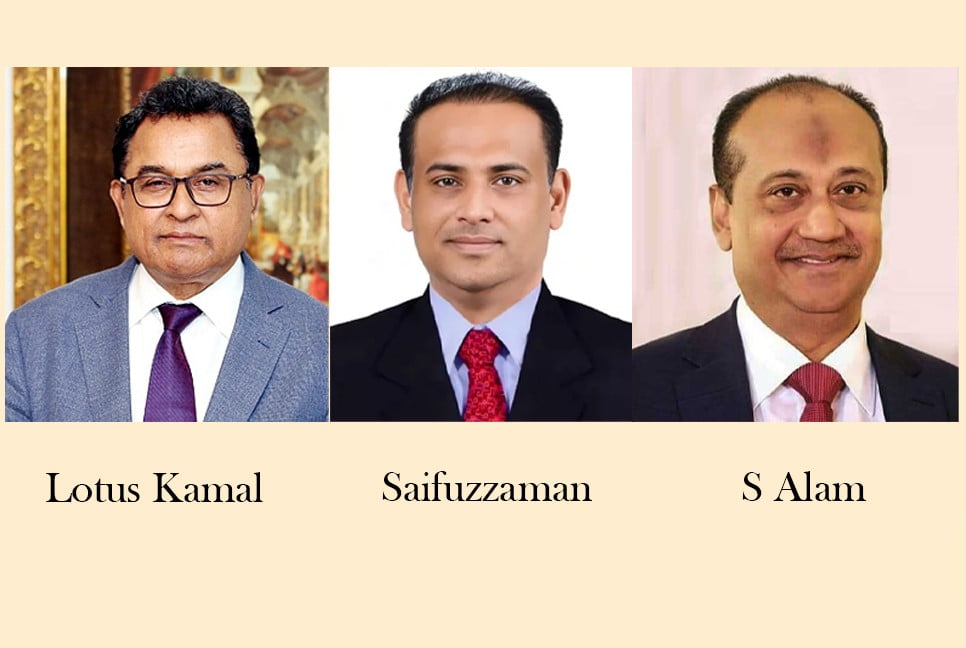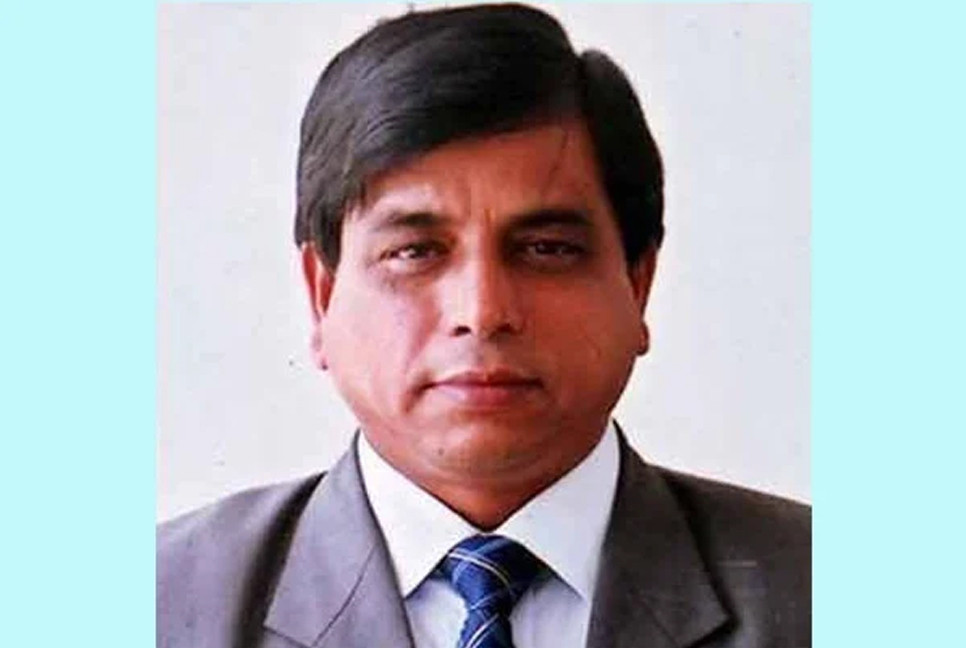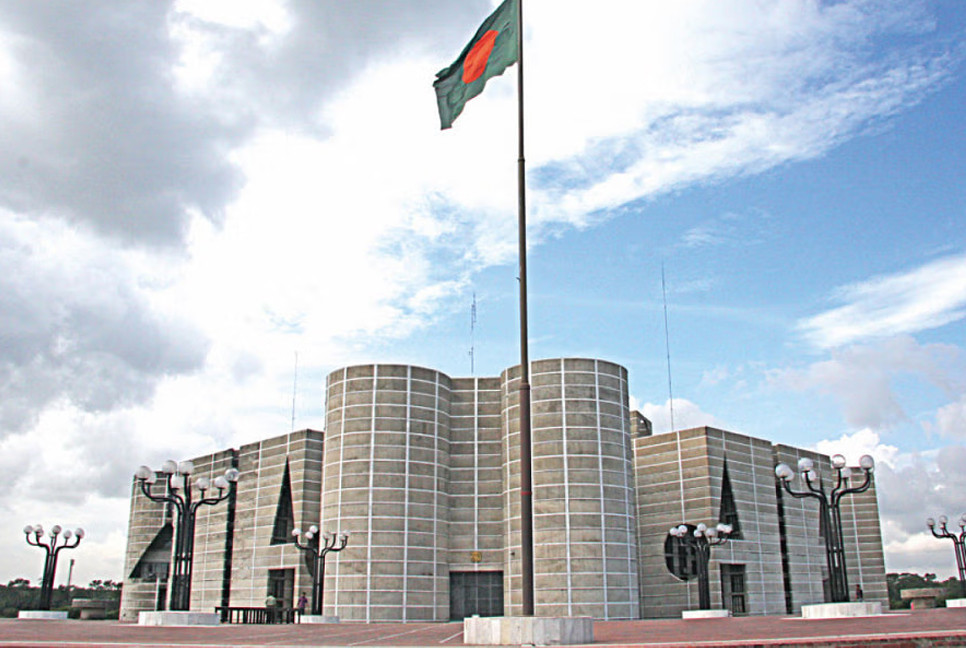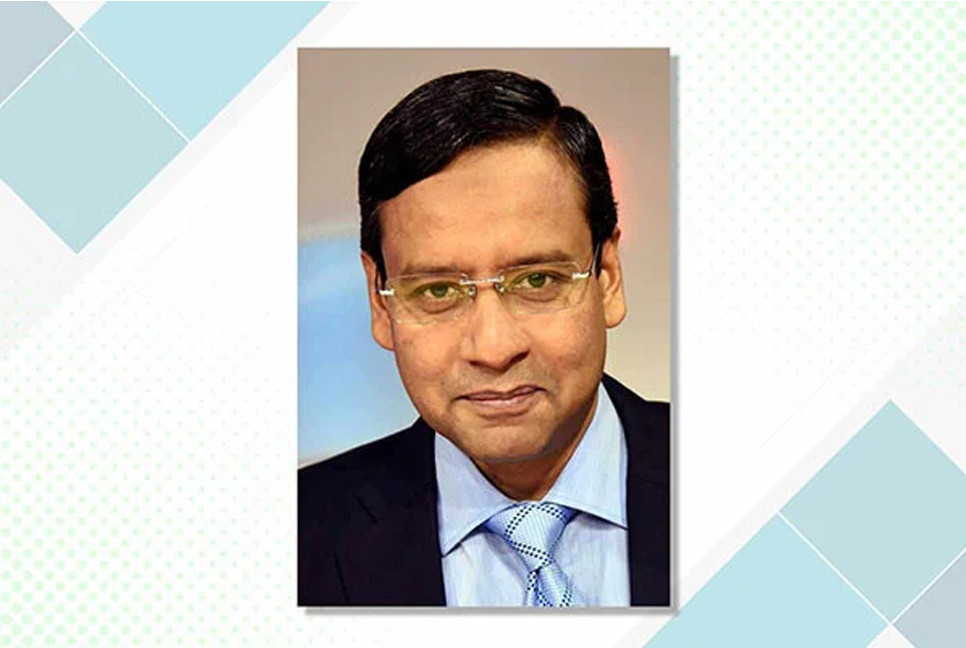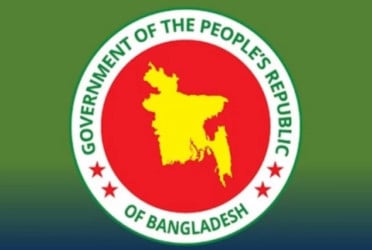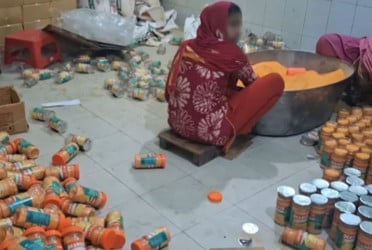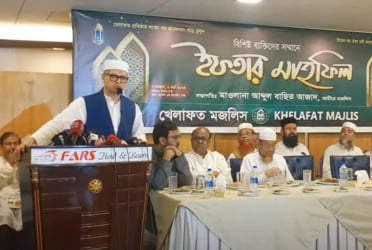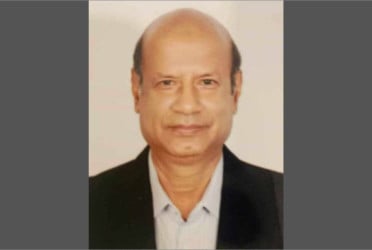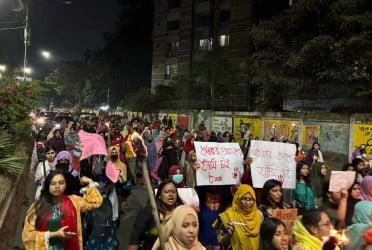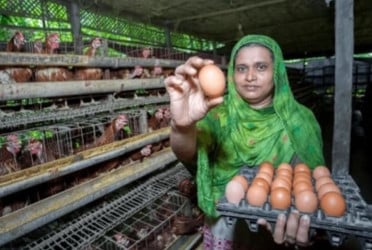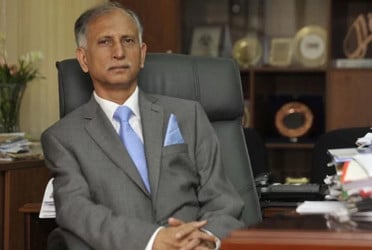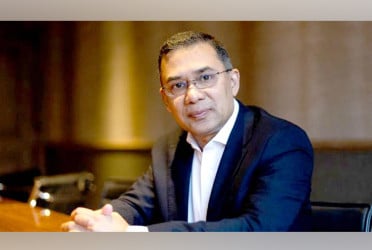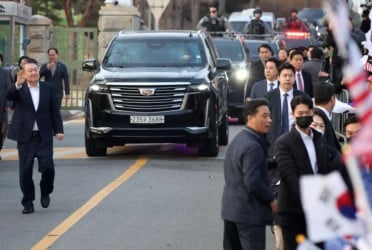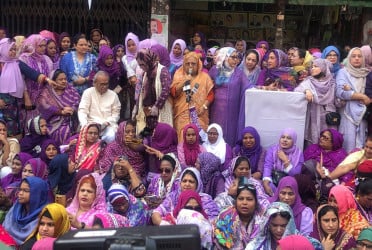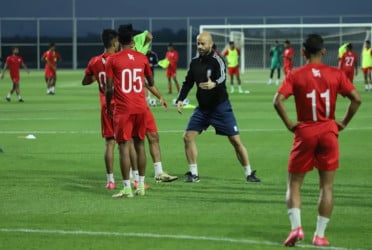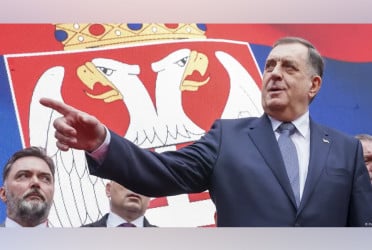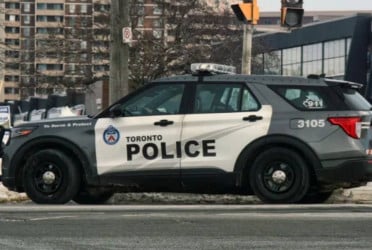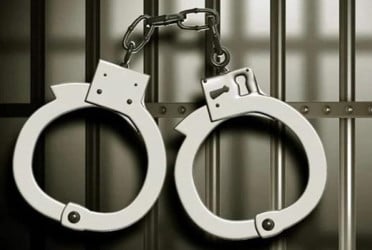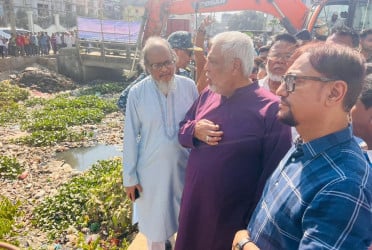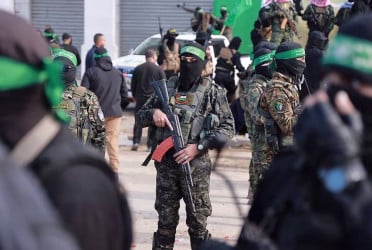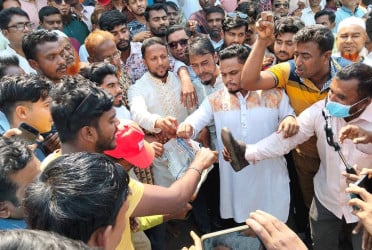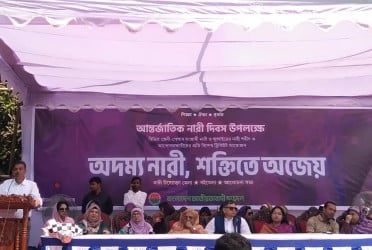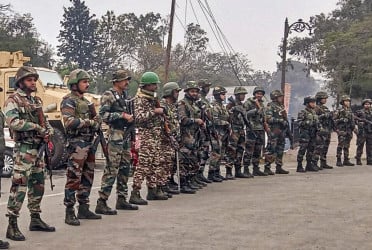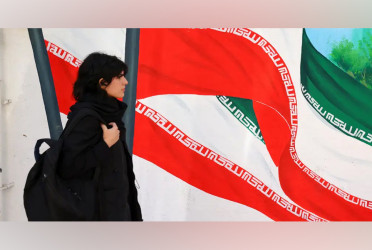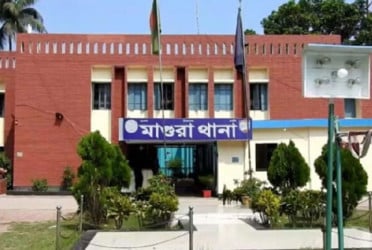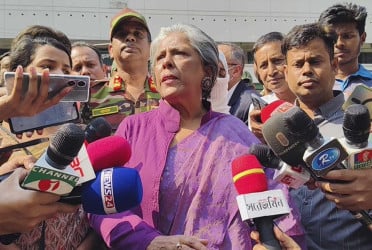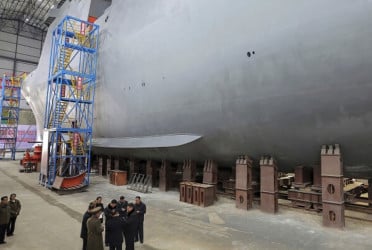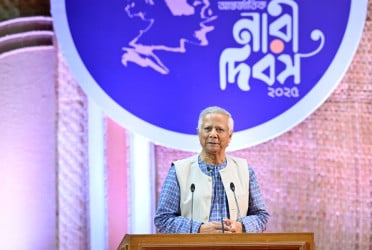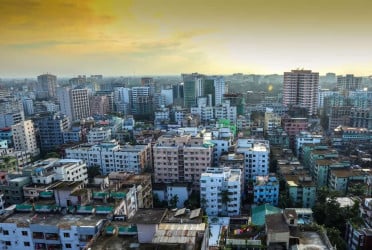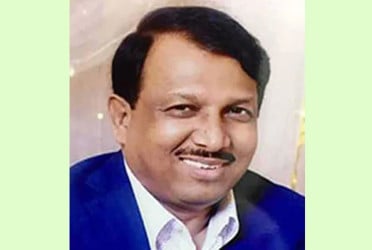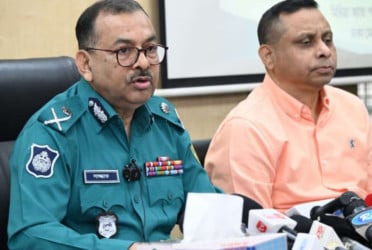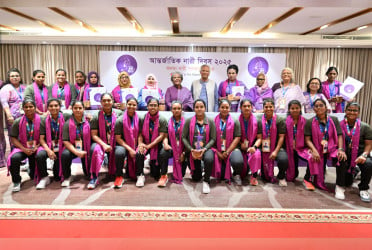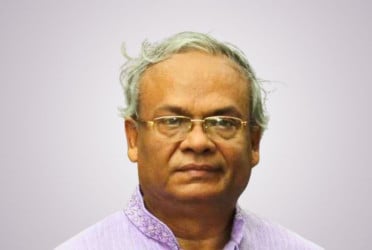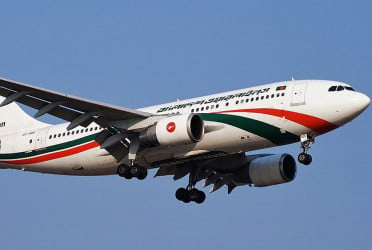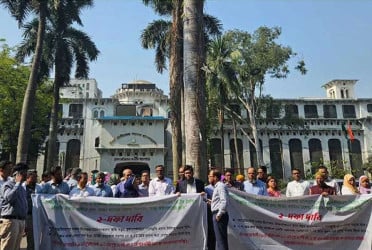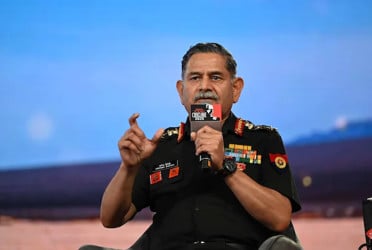The path of democracy in Bangladesh appears to be mired in the complexities of stalled reforms, with dark clouds looming over the forthcoming elections. Tensions between the Interim Government and political parties are escalating, deepening a climate of suspicion and distrust.
As the Interim Government grapples with numerous challenges in governing the country, peace and stability remain elusive. This growing uncertainty has cast a shadow over Bangladesh’s political future, leaving the nation to question what lies ahead.
Amid growing uncertainty, the Head of Bangladesh’s Interim Government outlined a potential timeline for the upcoming national election in his Victory Day address. The Chief Adviser expressed optimism about holding the election within the next one and a half years, specifically by the first half of 2026.
The following day, in a clarification of remarks made by Prof. Yunus, the Chief Adviser’s press secretary indicated that the election could be held by June 30, 2026.
The question arises: why will it take so long to organize the election? Is there a hidden agenda unfolding behind the scenes?
In response to the Chief Adviser's statement, the BNP has demanded a clear and detailed election roadmap, while the government-backed National Citizens' Committee, supported by students, stated that no election will be held until the conclusion of ousted Prime Minister Sheikh Hasina's trial.
With political tensions escalating, the question remains: will the elections take place as scheduled, or will fresh conflicts emerge?
Increasingly negative comments about political parties from some government advisers have further fueled speculation.
On December 15, BNP's acting chairman, Tarique Rahman, made a significant and pointed remark on the issue, stating, "If talking about a clear election roadmap causes discomfort among the advisers, then it goes against the spirit of the Mass Uprising."
Rumors are now circulating that some advisers may be seeking to delay elections and extend their grip on power.
Is Bangladesh on the verge of another political crisis like the one in 2007? Is another "One-Eleven" scenario quietly taking shape?
In 2007, amidst a period of political instability, a military-backed Caretaker Government known as "One-Eleven" assumed power. Led by Dr Fakhruddin Ahmed, the primary objective of that government was to organize a free, fair, and impartial election in the shortest possible time.
However, after taking office, the "One-Eleven" government shifted its focus to implementing a technocratic agenda. It initiated a process of depoliticization through the "minus two" formula, sidelining political leaders.
The government also became notorious for its widespread human rights violations, targeting businesspeople, industrialists, and other sections of society.
In an attempt to consolidate power, it sought to create a "Kings Party," sparking anger and resentment among the general public. Ultimately, the people rejected the "minus two" formula, leading to the downfall of the government.
Now, with political tensions rising once again, many are questioning whether the defeated technocrats are planning to stage a similar drama once again... Will history repeat itself?
In 2007, key figures behind the "One-Eleven" government were representatives from the civil society, influenced by 'Prothom Alo' and 'The Daily Star'. These individuals aimed to establish a long-term technocratic rule in Bangladesh.
Now, in 2024, a similar scenario appears to be unfolding. A section of civil society is once again accused of attempting to implement a process of depoliticization and the "minus two" formula.
Several senior BNP leaders, including Begum Khaleda Zia and Tarique Rahman, remain entangled in legal cases, with efforts to discredit and undermine politicians becoming more apparent.
The primary objective of the July Uprising in 2024 was to establish an equitable Bangladesh, where people's rights would be restored and power transferred to an elected government.
Over the past 15 and a half years, the Awami League government systematically deprived citizens of their voting rights—through the 2014 "no-vote" election, the 2018 "night vote," and the 2024 "dummy election," which reduced the electoral process to a mockery.
The youth who gave their lives in the July Uprising had never witnessed a fair election or had the chance to vote. Reclaiming this fundamental right and building a democratic just society was the revolution's central aim.
However, as time goes on, it feels as though we are straying further from this goal. The longer the elections are delayed, the more difficult it becomes to realize the dream of the Mass Uprising.
Political parties are in favor of giving the Interim Government a specific and reasonable period to clear the debris of the ousted government. So far, they have demonstrated patience and tolerance. The political tolerance shown by the BNP, in particular, is truly commendable.
However, some within the government perceive this tolerance as a sign of weakness. As a result, divisions within the political arena are widening, and tensions are escalating.
The anti-political stance of some advisers, influenced by Prothom Alo and The Daily Star, is becoming increasingly evident. The old tendency to criticize and blame politicians has resurfaced among the technocrats. As a result, concerns about the potential implementation of the "minus two" formula are growing stronger by the day.
The Interim Government has formed numerous committees for reforms in various sectors. The question arises: who has given the interim government the mandate to carry out these reforms? Without an elected government, can such reforms truly be acceptable? Will these reforms ultimately hold, or do some within the Interim Government have plans to cling to power in the long term under the guise of these reforms? If such plans exist, it would be disastrous for the country.
Recent statements from several advisers suggest a new version of the "One-Eleven" depoliticization formula. One adviser asked, "Why have political parties failed to implement reforms in 53 years?"
Another claimed, "Political parties are working to make the interim government fail."
Such statements have sparked intense reactions within the political arena. In a Bangladesh once united, the shadow of division now looms large.
The Interim Government’s mandate is straightforward: first, clear the debris of the past and establish an environment for a free, fair, and impartial election. Following the election, power should be transferred to the elected representatives, who, based on the people's mandate, will implement the necessary reforms.
However, the question remains: why are some making this process unnecessarily complicated?
This is a crucial issue we must resolve for the sake of democracy and the restoration of people's rights.
Ultimately, the people of Bangladesh seek to reclaim their rights, and that can only happen through a fair election. The sooner the Interim Government conducts this election, the better it will be for the country.
It is indisputable that the current government was formed with the broad support of all political parties. These parties entrusted the Interim Government with the expectation that it would conduct free, fair, and impartial elections in an unbiased and transparent manner. However, as time passes, the government has increasingly disregarded the major political parties. Key decisions are being made without adequate consultation with them.
For example, the appointment of members to the advisory council has been carried out without even minimal dialogue with the political parties. Controversial figures have been included in the council, and by bringing individuals into this body who are contrary to public sentiment, there is a clear sense of betrayal of the spirit of the Mass Uprising.
The Interim Government is not only failing to improve the living standards of the people, but the situation is steadily becoming unbearable.
During the "One-Eleven" period, the people's welfare was sacrificed to fulfill the wishes of technocrats. Prices of goods soared, putting them out of people's reach, and the economy collapsed. Today, the country is once again facing a similar state of instability. Rising prices, deteriorating law and order, and growing public disillusionment are eroding trust in the government.
A major characteristic of the 2007 "One-Eleven" government was its anti-development agenda.
Under the guise of anti-corruption campaigns, the technocratic government engaged in actions that devastated the economy. The private sector was crippled, and major industrial entities were harassed. Entrepreneurs were arrested and targeted, strangling the nation's economic lifeblood.
Now, it seems that this old game is being replayed. The same economy-destroying activities are resurfacing.
In the name of fighting corruption, the Interim Government launched campaigns against large corporations, business leaders, and industrialists. Bank accounts of various industrial families have been frozen, and investigations into business groups are turning into harassment. This is absolutely not the role of the Interim Government.
Such anti-development activities have brought trade and commerce to a standstill. If this paralysis is not swiftly addressed, the country's economy will collapse.
Economic disruptions are already being felt, and this mirrors the situation of 2007. Back then, following the advice of technocrats, pressure was similarly applied on businessmen, with disastrous results.
Just as the government during the "One-Eleven" period attempted to create a "Kings Party" with state backing, a similar trend is emerging today.
In an effort to prevent the major political parties from regaining power, organizations are being set up across the country with government support.
The student movement, which once fought for democratic ideals, now sees any delay in elections as unacceptable.
If, as during the "One-Eleven" period, the technocrats are attempting to depoliticize the country, paralyze industries, and prolong the rule of an unelected government, the people will not accept it. Unfortunately, the widespread influence being exerted today has raised fears that another One-Eleven-style scenario is being prepared. The dream of democracy is once again being threatened by a new conspiracy reminiscent of the past.
Translated by ARK/Bd-Pratidin English

